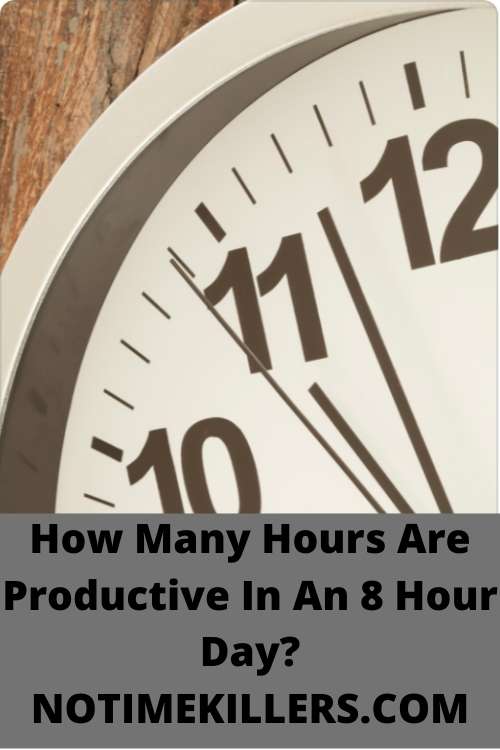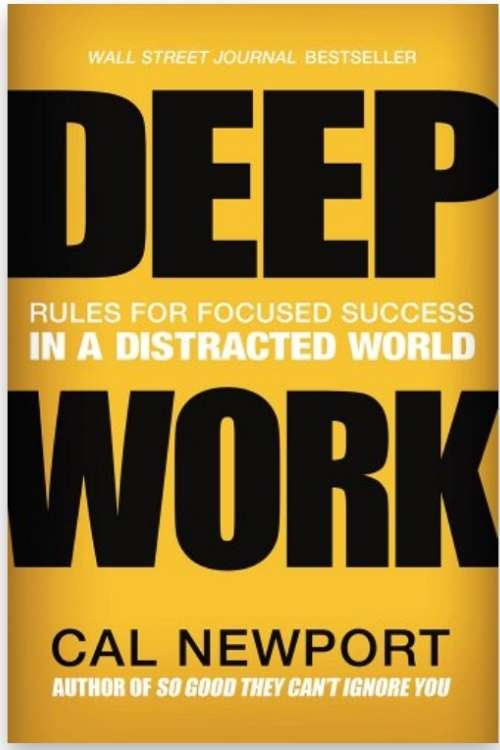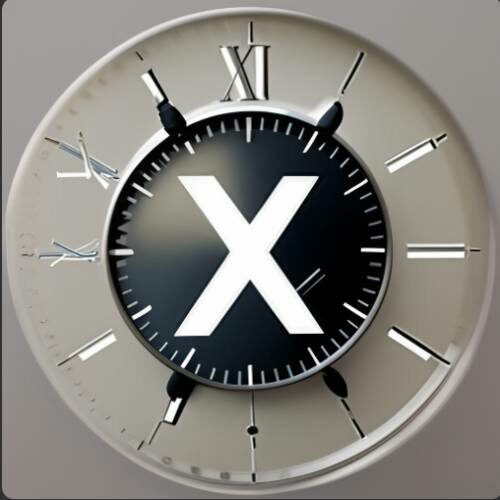Have you ever wondered how many hours worked are considered to be real work time? Meaning are you spending time doing work that’s challenging and making a difference? If you worked a traditional eight hour day, how many hours are productive in that time frame? Most likely, it’s not even close to the standard eight hours. That will be the topic of this article, as it’s likely less than what you’re usually working.
UPDATED: APRIL 9, 2022
Note: We may include products or services that will be helpful to our readers. This post may contain affiliate links. For more information, please review the affiliate disclosure page.
The real amount of hours worked
It certainly is not eight hours of truly productive work. More likely, it’s fewer hours where people do real work.
When you consider the distractions that take place (cell phones, email), that does take a lot of time away from doing real work. Even spending an hour or more scrolling your cell phone is lost time, or time that could have been spent doing something valuable.
Also, there are other things to consider as well. Some of the other factors include:
- Meetings
- Travel time (Do you travel for work often)
- Other forms of communication: Do you find yourself involved in instant messaging with other coworkers? Do you take part in phone calls?
There are a lot of people who spend time in meetings, or other various forms of communication. If you consider all that time during a day, that’s far fewer hours of real productive time.
I know a lot of people who spend most of their time in meetings as part of their schedules. Some of that time is well spent, but the rest of that time ends up being wasted. That’s something I never understood, or feel that I want to be involved in that often.

My initial thoughts
In my view, it’s apparent that around five-six hours is the amount of time people feel focused with fewer distractions. My experience showed me that up to five hours of work is sufficient.
After the five hour mark, then I start to feel tired and not have the same energy as I did earlier in the day. You wonder why half days may work better for people to get more done than they should. Yet for most companies, they incorporate the status quo option, which is the eight-hour day.
What other people have told me
Former coworkers that I have worked with have told me five hours is the maximum amount of hours they feel the most productive. It sounds ideal, especially when people take their midday break or go to lunch.
Other than that, after that halfway mark, people feel the fatigue set and end up having the afternoon crash. I cannot tell you how many times I’ve had that happen to me when I was younger.

Luckily, I’ve gotten better avoiding that afternoon crash. Some of the things I do include eating lighter in the afternoon, and not having to sit for long periods of time.
But some people are able to work half days, and it works out well. Overall, they feel better and they’re able to stay focused a lot longer compared to working a full day.
What others are saying
One well-known individual, Cal Newport, suggested a while back that six hours seems to be the cutoff point for peak focus time. He suggests it’s better to work six hours of focused work, rather than eight hours of unfocused work.
In this book, Deep Work he mentions that three-four hours of focused work is far more effective than stretching out work for eight or more hours. That in itself can turn into a major overhaul in your productivity.
….three to four hours of continuous, undisturbed deep work each day is all it takes to see a transformational change in our productivity and our lives.”
Cal Newport (Author of Deep Work: Rules For Focused Success In A Distracted World)

When you’re committed to doing deep work during that time frame, it allows you to focus on other priorities. In other words, focus more on what’s important to you (and your business if applicable).
For me, I’m a fan of Newport’s work on the meaning of deep work. If it was incorporated more into the real world, we would all be better off and get a lot more done than we typically do on a regular basis.
My overall thoughts
It seems that four-five hours of work tends to be the sweet spot. If you work more than six hours, that’s where things can get off point. More so, you start to get tired, feel wary, and not have that same energy as you did earlier in the day.
If we could work six hours or less, maybe we’d feel a lot more productive. Some places around the world have implemented six hour workdays. Not too long ago, I wrote about a study where nurses were dealing with fatigue from long workdays.

For some time, they tried doing a six-hour workday to see if it made a difference or not. The findings were interesting and it’s worth reading about.
Final Words
Overall, how many hours are productive in general? Based on my experience and what I’ve heard, around five-six hours at the most.
Now will it lead to massive change? I really don’t know, but it does not look like we’re heading in that direction anytime soon. At least it won’t on a massive scale, where it becomes the norm. But we’ll see what happens in the years to follow.
Your Turn: How many productive hours do you work?
I would like to know your thoughts on this topic. How many hours do you work on an average workday? Out of all the hours you work, how many do you believe feel productive the most?
Also, when do you start to feel tired during the day? Do you feel that it comes at the five hour mark, or at some other time? Each person is different, so it depends on their schedule and the lifestyle they live.
Feel free to share your thoughts by leaving a comment below. I look forward to reading your thoughts, and I’ll gladly respond promptly.
Please bookmark this page to visit later for new posts each week.
If you got value from this article, please bookmark this website to visit later for new posts every week. Spread the word to others. Sharing is caring! To get more of this type of content, you won't want to miss out my daily email letters. These are worth some golden nuggets and best tips to help you in your business. Sign up today! Count me in on the daily letters via email! For the latest videos that come out every week, subscribe to the YouTube channel. Also, be sure to check out our new space on Twitter X! YouTube Twitter (X) Medium Profile
Eric is the owner and chief editor of notimekillers.com. He takes great pride in helping people manage their time and grow their businesses. Eric is a firm believer in financial and time freedom, as he believes in financial independence and taking ownership of your time. “Time is your most important asset. It can be your best friend or worst enemy. How you use your time can shape the future you desire to have.” In his leisure time, Eric loves to write and read whenever possible. He enjoys going for long walks outdoors while doing in-home workout videos every week. You can also connect with Eric via LinkedIn.

